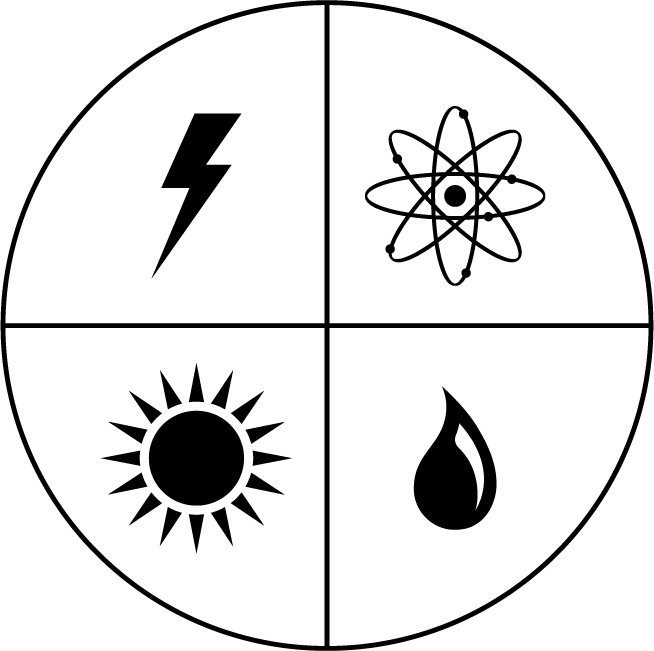Paradigm Shift
Scarcity Zero is first and foremost a framework, and its ultimate purpose is to make a new model for our society. It doesn’t seek to use money to pay for social programs that mitigate social problems. It instead seeks to use money to build systems that make those problems irrelevant.
10,000 years ago, making fire was a problem. Today, you use a lighter. 300 years ago, transportation over distance was a problem. Today, you hop in a car, bus, train, or plane. 100 years ago, communication was a problem. Today, a phone call can reach any corner of the globe. Right now, today, energy and resources are a problem.
Through technology, they don’t have to be a problem tomorrow.
For millennia, resource scarcity has been central to human interaction at an individual and societal level, chaining and binding us to its restrictions. With its bounds removed, we can focus the entirety of our social strength towards transforming our civilization into something unprecedented.
By dramatically lowering the costs of energy, resources, and materials while improving the quality of life for everyone, costs fall, as does the amount of resources that have to be devoted to addressing social afflictions. This frees up collective funds that could be devoted to social advancement, and the same goes for industry, which would have greatly increased capabilities to build ever-greater accomplishments.
In a scarcity-free world, we would have unlimited potential to discover, create, construct and achieve. That world, and the economy it would power, is a future that we can begin building today.
And that, above all else, is a future worth having.
A future worth having. That is what we strove for once, and it’s something we can strive for again. Yet in order to do so we must recapture the vision we once lost, a vision we once cherished: the drive to build great and amazing things. Minus the shiny new weapons systems that consume trillions of dollars decade in, decade out, that collective drive has been forsaken.
The past six decades saw us build the interstate highway system, put a man on the moon and invent GPS and the internet. We didn’t care about difficulty or political opposition – we achieved those goals because we could and because they proved to ourselves that we were worthy of rising to the occasion as both a people and a species.
Today, amidst the backdrop of our crumbling roads, collapsing bridges and aging skyscrapers, we are living within a decaying testament to the greatness we once sought and collectively built. And we’ve lowered ourselves to bickering, bitterly, over ideological squabbles and petty partisanship about how we’re going to build anything of actual societal value, for ourselves, for those who will come after, and for those who once looked to us as models to follow.
That is not who we are, and that is not where we came from. We deserve a better future than Ozymandias, and Scarcity Zero is how we may see it realized. We can see it realized because the framework has a tertiary function that becomes possible when we move past a finite-resource dynamic. Once we stop chasing our tails and wasting untold blood and treasure in the name of resource dominance, it allows us to devote our full strength as a civilization to advance ourselves even further to a new stage of technological and humanitarian evolution – one that ultimately sees us build a world we thought possible only in dreams.
Pages
- « first
- ‹ previous
- 1
- 2
- 3
- 4
